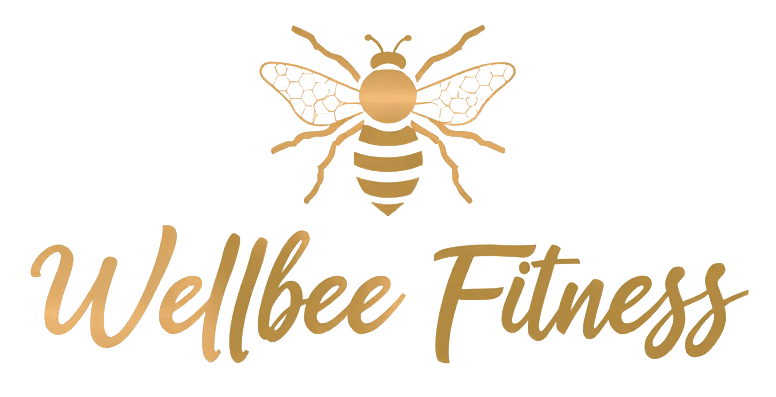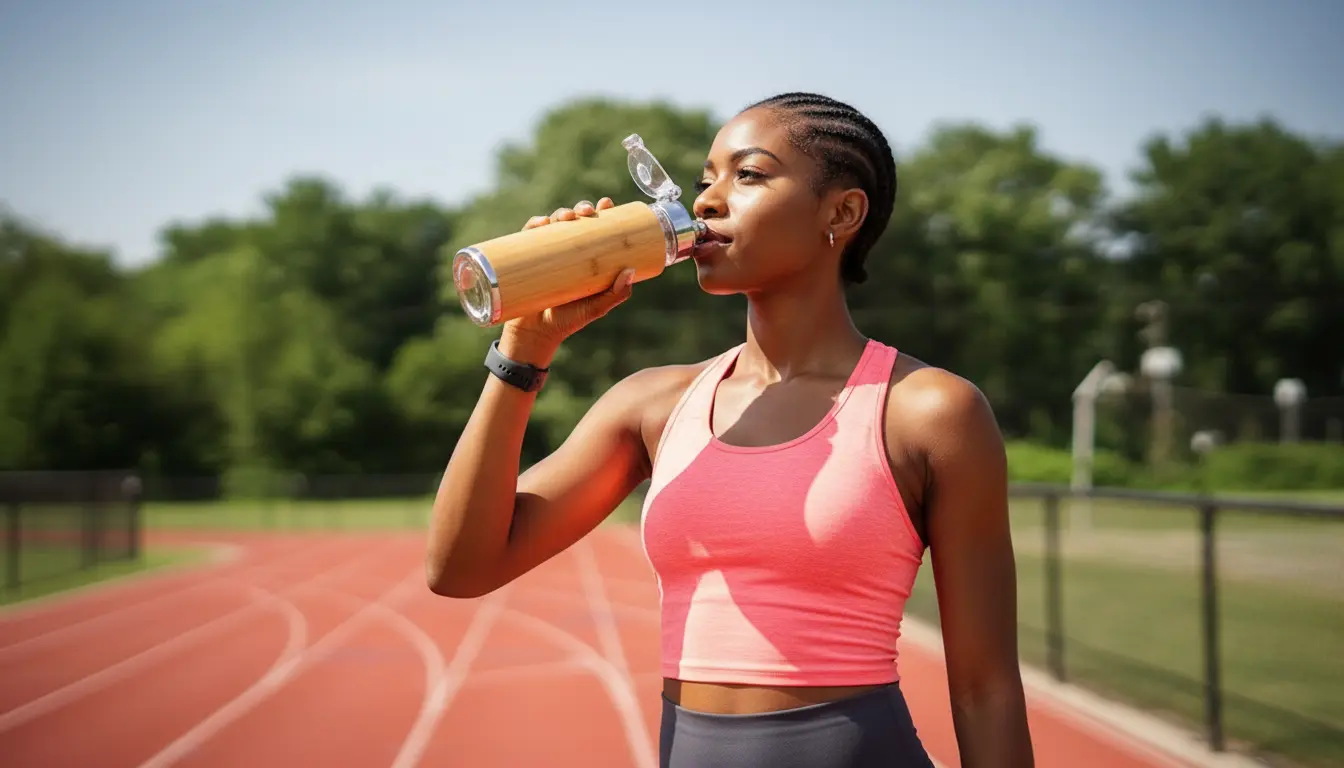Hold onto your water bottles—turns out, H2O may not be the undisputed king of hydration after all! Recent research has given the age-old reputation of water a little splash in the face, stacking it against some surprising competitors. Ready for a dip into the science of thirst? Let’s unravel which liquids really reign supreme when it comes to quenching your body’s needs.
Is Water Overrated? Let’s Not Get Ahead of Ourselves
Before water starts anxiously questioning its life choices, let’s make one thing clear: water is essential for nearly all living things. Plants, animals, humans—we all owe our survival to it. No contest. Shower it with all the praise you want! But, putting sentimentality aside for one rather objective moment, we have to ask: is it truly the most hydrating beverage out there?
Intuitively, the answer seems obvious—surely the best way to hydrate is to, well, drink water. But science sometimes likes to keep us on our toes. To really get to the heart (or maybe just the beaker) of the question, let’s take a closer look at water in the chemical sense. Dihydrogen oxide (H2O)—the distilled kind—isn’t actually what we pour from our taps or buy in bottles. The water we drink is full of extras, like minerals, giving it an edge over its pure, distilled cousin.
The Role of Minerals and Electrolytes
Mineral water wins out in the hydration stakes, not just for taste or habit. It’s about keeping our electrolyte balance in check. Drink only distilled water for too long and you could tip the scales, ending up with a shortage of key electrolytes—think magnesium, potassium, and calcium.
These substances, humble as they sound, are power players in your body: they cling to water, help in maintaining an electric charge, and keep crucial chemical processes humming along—especially when it comes to regulating bodily fluids. So if we want to hydrate most efficiently, we should look for liquid options that are rich in these precious electrolytes.
Hydration Showdown: The Study That Stirred the Waters
If you’re guessing the gold medal for hydration goes to those odd-tasting rehydration solutions (you know, the ones the doctor hands out after a particularly nasty stomach bug), you’re not far off. These oral rehydration solutions—often handed out to babies or anyone losing fluids at a worrying rate—are packed with salts and other compounds to slow water loss, preserve electrolytes, and keep essential nutrients in the system.
But in daily life, we have a sea of beverage options—all with varying levels of sugar, fruit, and marketing promises. Since their labels don’t exactly list « Hydration Power: 10/10 », a research team at the University of St. Andrews Medical School decided to put them to the test once and for all.
Their criteria? Not just how quickly a drink hydrates you, but also how long that hydration sticks around depending on the amount consumed. Interestingly, the results pointed to drinks containing just a bit of lactose, protein, and fat as being particularly effective—they actually slow down fluid loss and help your body hang onto water longer.
The Winners Circle: Milk, Solutions, and a Citrus Surprise
Time for the podium reveal, and—against all odds—skimmed milk comes in at the top of the chart with a Beverage Hydration Index (BHI) of 99%. Joining it at the summit: oral rehydration solution (that’s the science-backed, salt-and-mineral-packed stuff) and, yes, whole milk too.
- Skimmed milk: 99% BHI—creams the competition.
- Oral rehydration solution: 99% BHI—best in emergencies or when hydration must be maximized.
- Whole milk: also riding at the top.
- Orange juice: 95% BHI—narrowly edging out plain water.
If your orange juice suddenly feels smug, that’s because it just narrowly outpaces water as well. A plot twist worthy of breakfast news!
Yet before you fill up your water bottle with milk or plan an all-orange juice diet, there’s a caveat: the study doesn’t explore what happens if you swap water completely for these other drinks. The difference in hydration is slight; ultimately, the main practical takeaway is for specific populations—elderly people, infants, or those unable to consume large amounts of liquid—where each sip really counts. For the rest of us, swapping your glass of water for a glass of skimmed milk isn’t going to radically rehydrate you beyond recognition.
Final Sip: Respect for Water, But Know Your Options
So, is water overrated? Certainly not. It’s still the source of, well, pretty much everything. But when it comes to squeezing out every last drop of hydration—for moments when efficiency is crucial—science points to drinks with a cocktail of minerals, salts, proteins, or even a bit of fat. For the average person, stick to your trusty water, but if you really want to top the hydration podium or take care of those at higher risk of dehydration, knowing your beverage options might just make all the difference. Cheers, whatever you’re sipping!

John is a curious mind who loves to write about diverse topics. Passionate about sharing his thoughts and perspectives, he enjoys sparking conversations and encouraging discovery. For him, every subject is an invitation to discuss and learn.






